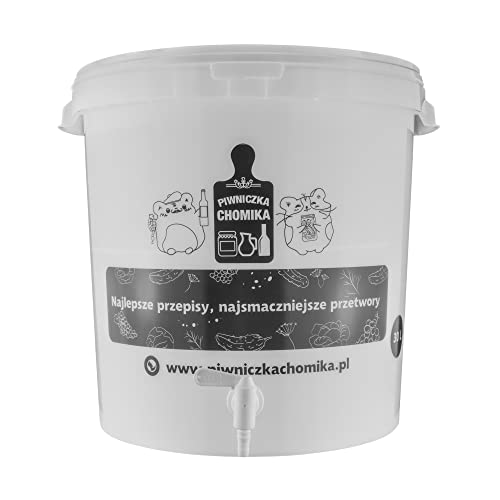- Joined
- May 4, 2020
- Messages
- 995
- Reaction score
- 2,059
Hello all - good to be back here. My brewing (and posting, and drinking) slowed dramatically last year with work and other commitments. My plan now is to brew one beer at a time, keep it simple, drink it and when 80% consumed, brew something else.
My last brew was back in November. A simple bitter with MO and two types of crystal with Fuggles and WHC Bond. My first brew with this yeast. The beer is absolutely fine but the batch carbonation was really slow. After 4 weeks, the beers were still almost flat. Now at 10-12 weeks, they are perfect.
Has anyone else noticed this with Bond?
I'm trying to decide whether my next brew - a simple English pale - should also be Bond as I like the flavours or whether I go back to my old blend of Nottingham x Windsor to speed up the carbonation (and thus consumption).
My last brew was back in November. A simple bitter with MO and two types of crystal with Fuggles and WHC Bond. My first brew with this yeast. The beer is absolutely fine but the batch carbonation was really slow. After 4 weeks, the beers were still almost flat. Now at 10-12 weeks, they are perfect.
Has anyone else noticed this with Bond?
I'm trying to decide whether my next brew - a simple English pale - should also be Bond as I like the flavours or whether I go back to my old blend of Nottingham x Windsor to speed up the carbonation (and thus consumption).
Last edited:










































